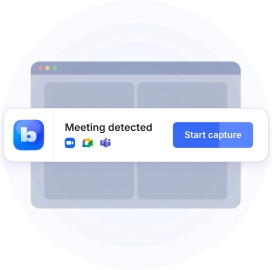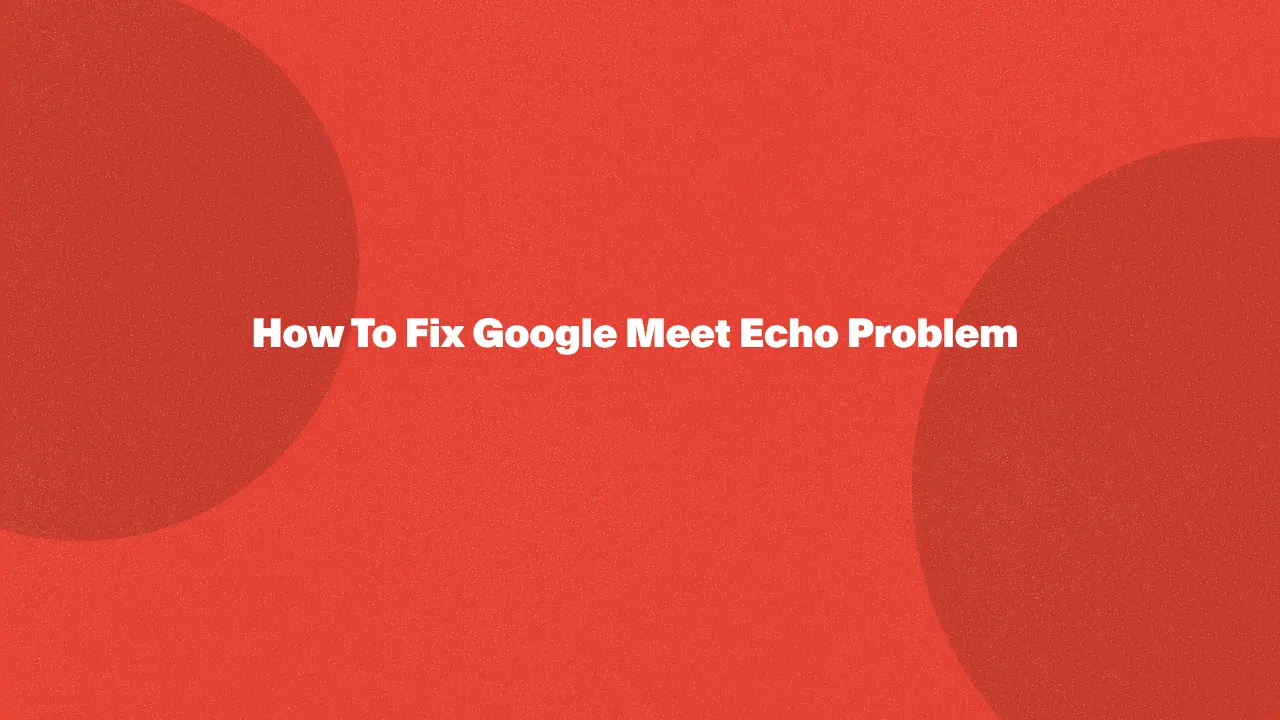
Google Meet echo issues can significantly disrupt online meetings, affecting communication and productivity. This article provides comprehensive insights into the causes of echo, such as poor audio setup, proximity of microphones and speakers, and even network latency.
Continue reading to understand how to create a seamless video meeting experience by implementing these solutions. The value lies in improving meeting efficiency and audio clarity, ensuring effective and professional online communication.
Why Does Google Meet Echo
Google Meet can experience echo issues for several reasons in multiple conference rooms. Here are some common reasons for not hearing an echo, during a Google Meet session:
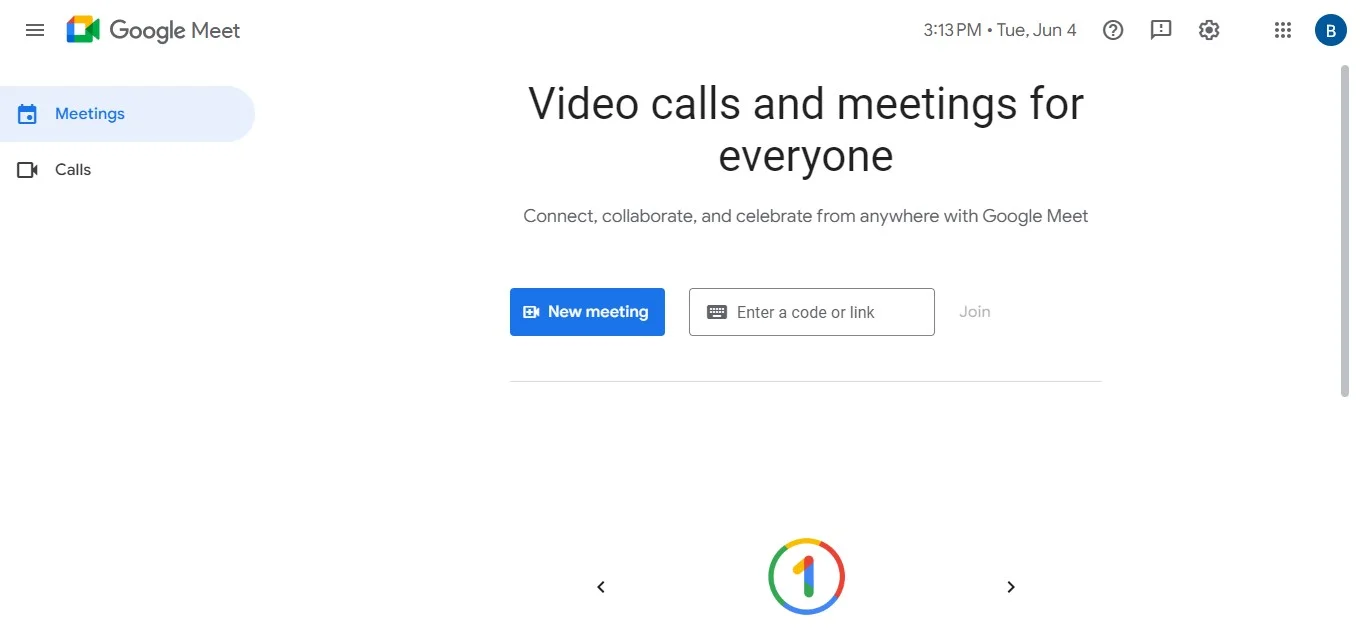
- Microphone and speaker proximity: If the microphone and speakers are too close to each other, the speaker's sound can be picked up by the microphone, causing a feedback loop and resulting in an echo in the audio quality.
- Poor audio setup: Using built-in microphones and speakers on laptops or desktops often leads to echo problems due to their proximity and lower quality than external audio devices.
- Multiple devices: If participants use many different devices for the same meeting nearby (e.g., a phone and a laptop), the audio from one device can be picked up by the other, making you hear an echo.
- Network latency: High network latency or poor internet connection can cause audio delays, leading to an echo effect where the audio is played back with a noticeable lag.
- Volume levels: Having the speaker volume set too high can cause the microphone to pick up the sound from the speakers, leading to an echo.
Google Meet informs you about echo removal
Google Meet has a helpful feature to notify you if your microphone is causing an echo for other participants to hear the call.
Here's how it works:
- Google Meet uses intelligent algorithms to detect echoes during your call.
- If a significant echo is identified, you'll see a red dot appear on the "More" option (three dots) at the bottom of your call screen.
- Along with the red dot, there will be a text notification informing you about the echo issue.
How To Solve The Google Meet Echo Problem
Use the right peripherals
- Headphones or earbuds: Use high-quality headphones or earbuds to prevent the microphone from picking up sound from the speakers. Headphone mics rarely pick up on echoing.
- External speakers or microphones: Use a good quality external microphone with noise and echo cancellation features for better audio input to cancel out unnecessary noise.
- Dedicated speakers: If possible, use dedicated speakers that are designed for conference calls, which often have built-in echo reduction.
Eliminate technical problems
- Stable wi-fi connection: Ensure a stable and high-speed internet connection to minimize latency and audio issues.
- Close other tabs and applications: Close unnecessary browser tabs and background applications to free up system resources and improve performance.
- Disconnect VPN: If possible, disconnect from a VPN to reduce latency and potential audio issues caused by the additional network layer.
Fix echo warnings
Pay attention to any echo warnings from Google Meet and follow the recommended actions, such as lowering speaker volume or adjusting speaker settings and speaker setup.
- Adjust audio system preferences: Go into the audio settings of your device and Google Meet to ensure echo cancellation and noise reduction features are enabled.
Change audio and video quality
Lower the audio and video quality in Google Meet settings to reduce the strain on your internet connection and minimize latency-related echo issues. Here's how
1. Click on "More options".
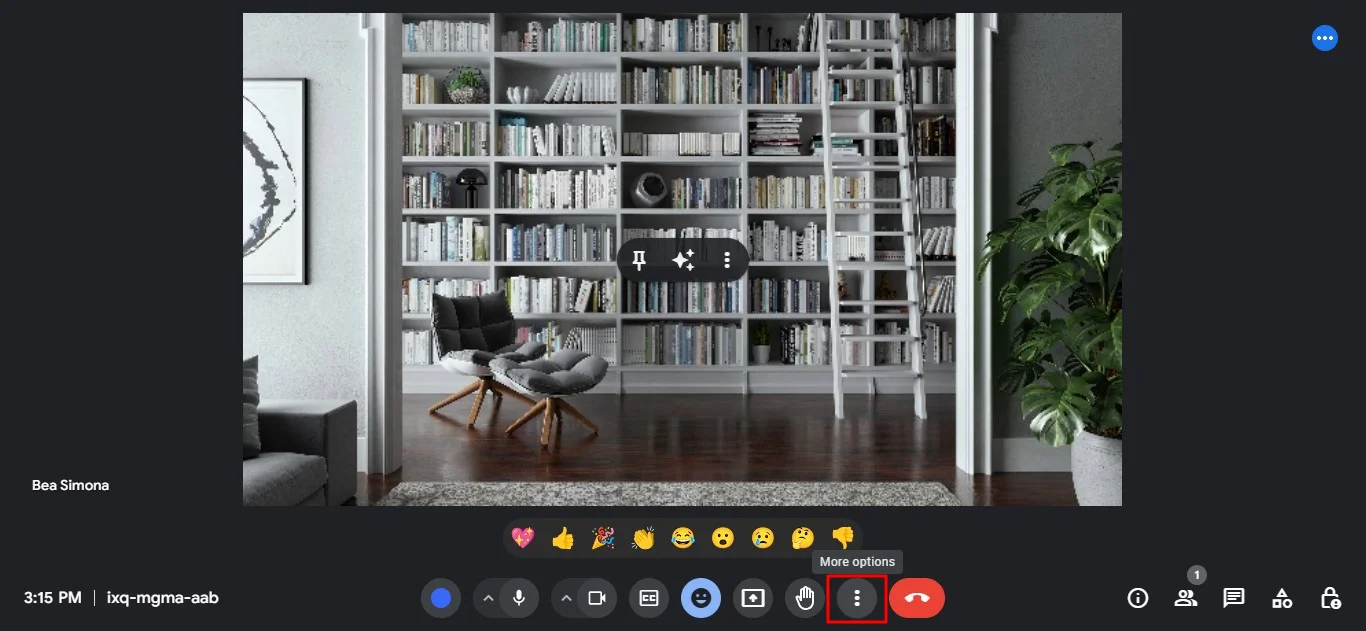
2. Click on "Settings".
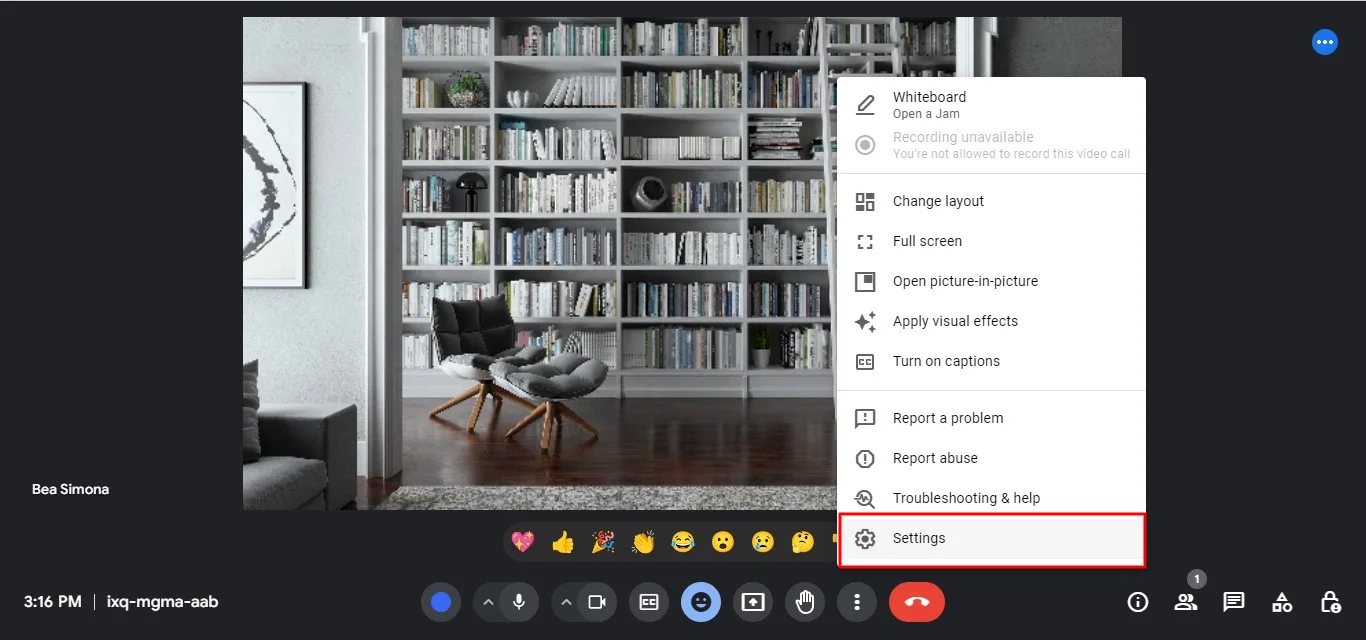
3. Here you will find the audio adjustments and you can decide which options work the best for your internet connection.
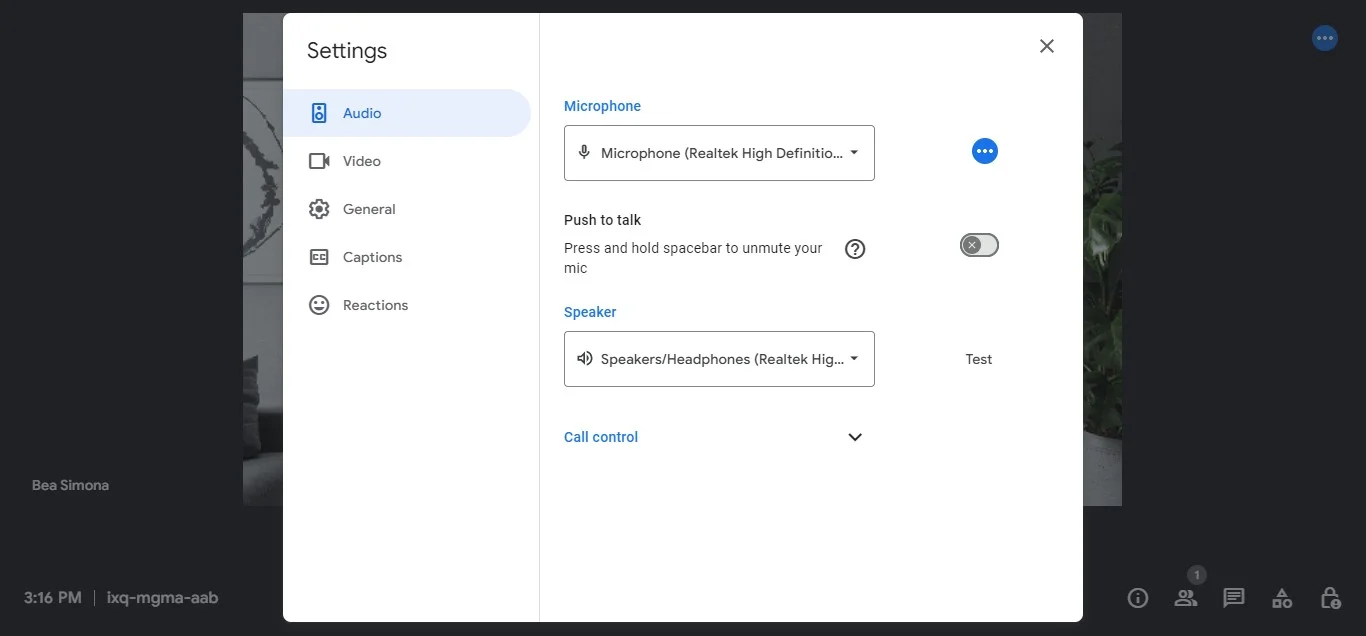
Mute meeting participants
Ask participants to mute their microphones when they are not speaking to reduce background noise and potential echo. For example: Multiple individuals in a single conference room talking joining the meeting from different locations. Multiple groups talking at once can cause havoc.
Drop off and rejoin the video call again
- Rejoin the meeting: If echo issues persist, drop off the call and rejoin. This can sometimes reset the audio setting and resolve to.
- Restart devices: Consider restarting your computer or device before rejoining to ensure all audio output and settings are correctly initialized.
Conclusion
By following these tips, you can effectively troubleshoot and eliminate echo issues in your Google Meet app, ensuring clear and uninterrupted audio feedback. But for an even more streamlined experience, consider using Bluedot, the best tool to record your Google Meets.
Bluedot goes beyond recording the conference room, offering AI-powered transcription and note-taking. Bluedot's smart features help you revisit key points and action items after the meeting.
But Bluedot's value extends far beyond transcription. Bluedot seamlessly records your entire session, audio, video, and screen share, providing a complete record for future reference.
Bluedot not only records, but also transcribes, automatically generates follow-up emails to keep everyone on the same page, provides meeting templates to streamline your workflow, and securely stores all your recordings for later access. With Bluedot, you can ensure a productive and efficient Google Meet experience.





